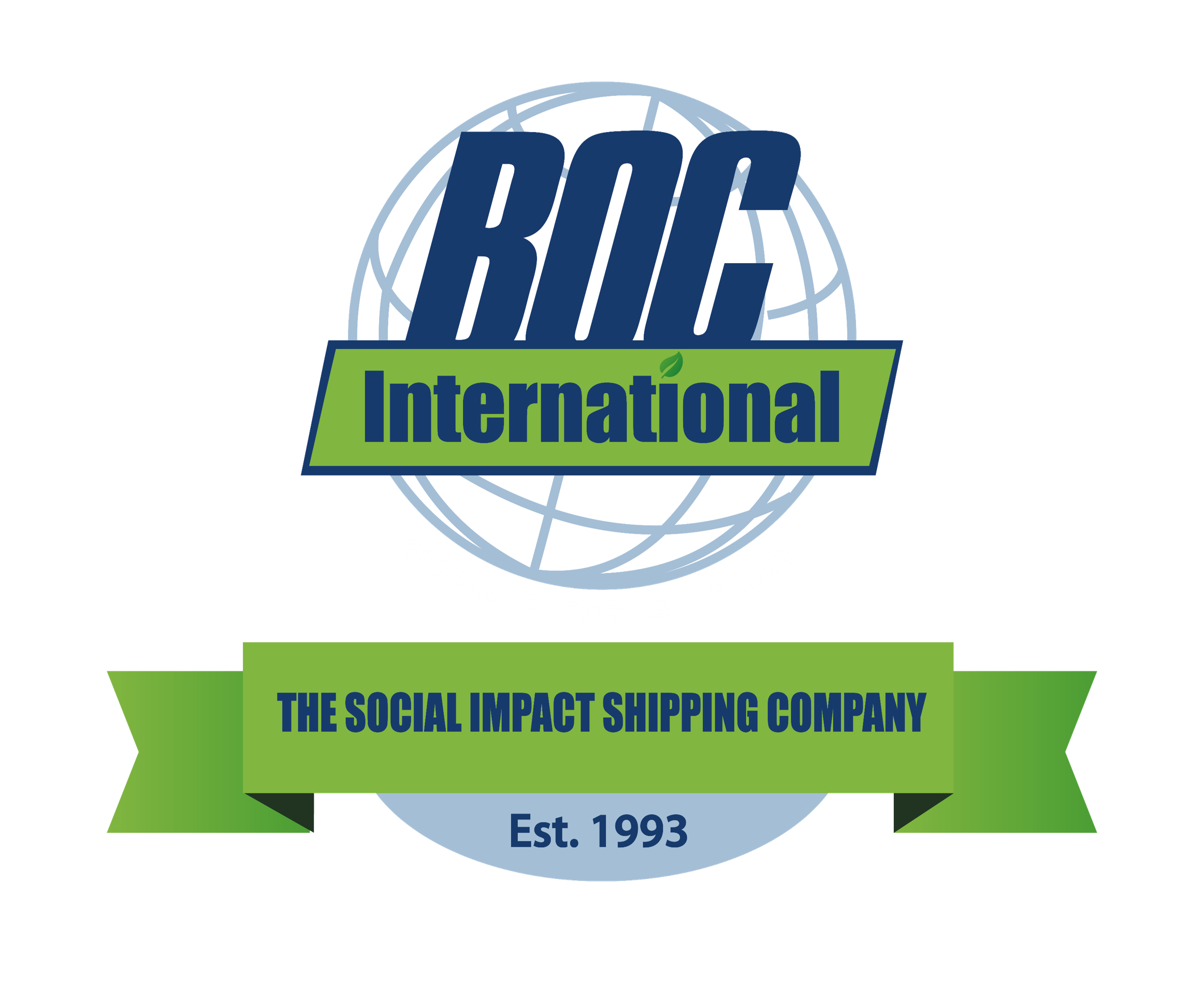
Full Hanjin Ship Won’t Dock Because No Plan to Leave (re: Hanjin Miami)
By Tom Hals and Jim Christie, excerpted from Reuters.com
Sept 20 (Reuters) – Failed South Korean cargo line Hanjin Shipping Co Ltd has found the money to unload a full container ship waiting outside a New York-area port. But there is another problem: once unloaded, the empty vessel may not be able to go back out to sea.
The National Retail Federation on Tuesday urged U.S. Commerce Secretary Penny Pritzker to find a way to clear up the confusion. “The impact on small and medium-sized companies could be particularly devastating if this situation is not resolved in a timely manner,” the group said in a letter.
Hanjin has the money to dock its Hanjin Miami, Federal Maritime Commissioner William Doyle, whose agency regulates international shipping, told an industry event on Friday. But the Miami is not being allowed in port because of a dispute about empty Hanjin shipping containers, which the Miami normally would load up as ballast to exit port. Without those empties, the ship “will not be able to depart the harbor because it would not have the air clearance to navigate under the Bayonne Bridge — even at a dead low tide,” said Doyle. Without a way to leave, the ship could tie up a berth.
“There are so many disputes right now attached to empty containers that the terminal is not going to load the empties back onto the ship,” Doyle said.
The Port Authority of New York & New Jersey declined to comment, as did an attorney for Maher Terminal, which operates the marine terminal in Newark where the Hanjin Miami is expected to dock.
The Hanjin Miami is currently off the U.S. East Coast, about 300 miles from New York, according to Reuters Eikon data.
Other ports also are struggling with questions of who pays for terminal charges and what to do with empty containers. The complexity increased on Monday after a South Korean judge told Hanjin to cancel its ship charter agreements and return empty vessels to their owners. In the wake of the decision by the South Korean judge, an empty Hanjin Miami may become the responsibility of Reederei NSB, which manages the ship on behalf of its owner, an affiliate of Conti Holding of Munich, according to Reuters Eikon data. A spokeswoman for Reederei and a U.S. lawyer for Hanjin did not respond to requests for comment.
Port terminals, meanwhile, have stopped accepting returns of empty shipping containers because they doubt Hanjin will pay to store them.
“The Hanjin boxes are radioactive. Nobody wants to take responsibility for them,” said Mark Hirzel, chairman of the Los Angeles Customs Brokers & Freight Forwarders Association Inc.
As containers on chassis pile up in far-flung storage lots, it has created a shortage of the trailers used to transport containers on land.
Darren Azman, an attorney for Bermuda-based Textainer Group Holdings Ltd said cargo owners and other Hanjin parties are working out an agreement that they hope will normalize the movement of shipping containers.
But U.S. retailers and manufacturers who own the cargo are caught in the confusion.
Alex Rasheed, president of Pacific Textile and Sourcing Inc, a Los Angeles-headquartered importer and wholesaler of apparel, is anxious to receive $300,000 worth of seasonal fall clothing in two containers on the Hanjin Jungil, which is waiting off the coast of Southern California.
“We’re going to start feeling the pressure unless there is some kind of resolution,” Rasheed said.
Hanjin’s bankruptcy also has U.S. exporters that were relying on the company scrambling to find alternatives, including flying goods to foreign markets at a loss, said Hirzel.
“I’ve even heard about air transport of agriculture exports,” Hirzel said. “Economically, it’s a guaranteed loser … The only reason you would do that is to meet an order to get a contract in the future.” (Reporting by Tom Hals in Wilmington, Delaware, editing by Peter Henderson and Alden Bentley)

